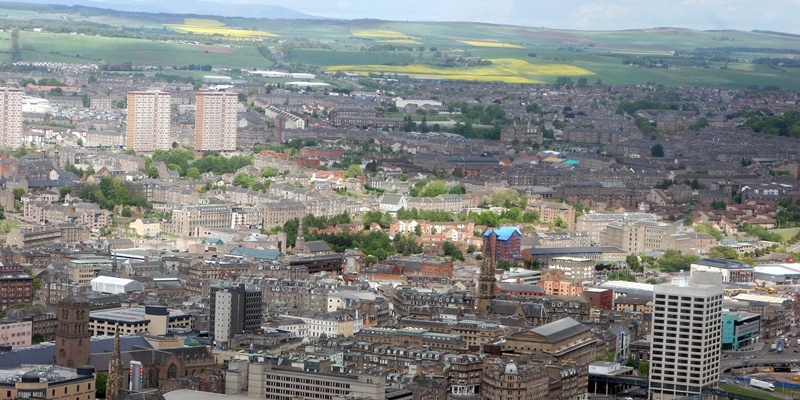More work is needed to reach out to young people from ethnic minorities in Dundee, a study has found.
The Yusuf Youth Initiative spoke to more than 130 children and youths, mostly from Pakistani and Indian origins, on behalf of Dundee City Council.
It has worked since 2005 to improve cultural links in the city, focusing on young Muslim men.
There is no up-to-date information about how many residents come from minorities. The 2001 census listed 7500, more than a third of whom were under 16, but data from the most recent census is not yet available.
It is thought that around a quarter have a Pakistani background, with Indian and Chinese each accounting for around a sixth. About half of the black and minority ethnic (BME) community is Muslim.
The initiative report said: “Within the local authority youth work programme there is evidence of low levels of engagement with young people from BME communities.”
To find out why, contact was made with religious and cultural organisations including Dundee Central Mosque, the Scottish Islamic Cultural Centre, the Dundee Hindu Centre, the Dundee Chinese Community Centre and the Bharatiya Ashram, along with Dundee Carers Centre, Dundee College and The Corner young people’s centre.
The report said: “All organisations suggested a city-wide celebration of all community/faith festivities to promote understanding of all community groups and increase participation.
“English is an important part of a person’s integration into the country. More easily accessible ESOL (English for speakers of other languages) classes for young people located across the city would help support this process.”
The survey found that almost half of the young people took part in sport, but felt that better facilities were needed. A third took part in regular religious classes, which affected their ability to take part in weekday youth work services.
The survey also found low engagement with volunteering, arts, music and dance. Activities needed to be sensitive to religious and cultural requirements, such as ensuring that instructors were the same gender as those being taught.
Some young women came under family pressure about the activities they could take part in, the survey found. It also said that it was particularly difficult to engage with members of Dundee’s Chinese community.
When asked for their ideas about improvements, the youths said that faith centres did not have adequate resources to provide for them.
More opportunities to learn about leadership in youth and sports work would also be welcomed, along with efforts to ensure BME groups are better informed about facilities and support.
Recommendations include more action by youth groups on links with BME groups and helping these groups build their own capacity for providing services.
